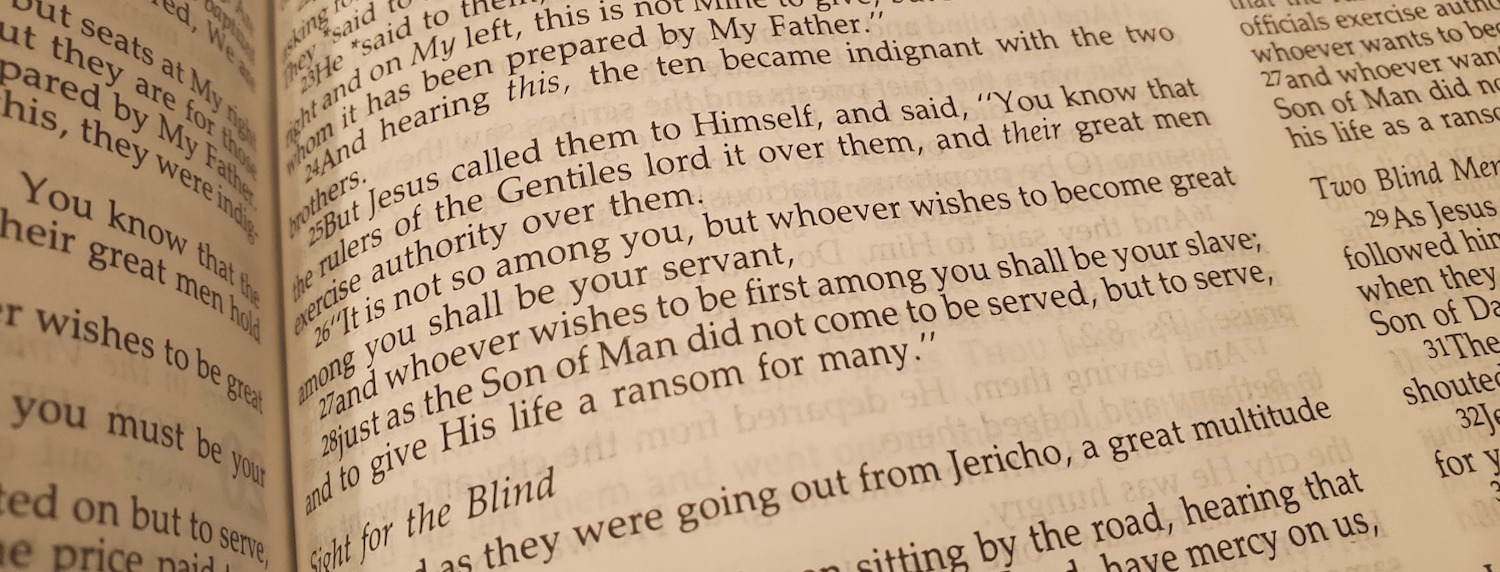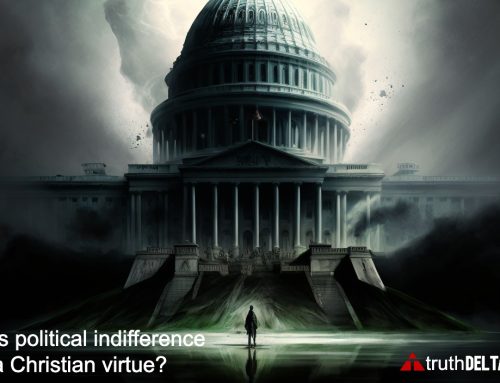I want to dive headlong into the subject of politics. No, not national, regional, municipal, or school board politics. Those are all important. But I’m talking here about church politics. I’m talking about who has the most influence over church policy, doctrine, who’s in, who’s out, who gets withdrawn from, who is the next to become the golden boy, etc., etc., etc. And I’m talking about how one obtains that power and influence. Yeah, I’m talking about that unsavory aspect of organizational life. But first, some definitions:
b: the art or science concerned with guiding or influencing governmental policy
c: the art or science concerned with winning and holding control over a government
2: political actions, practices, or policies
3a: political affairs or business
especially : competition between competing interest groups or individuals for power and leadership (as in a government)
b: political life especially as a principal activity or profession
c: political activities characterized by artful and often dishonest practices
4: the political opinions or sympathies of a person
5a: the total complex of relations between people living in society
b: relations or conduct in a particular area of experience especially as seen or dealt with from a political point of view
Politics is necessarily a part of every type of human organization. A man starts a business and wants to pass it on to his chosen successor, maybe a son. But someone (another son, or his wife, or a business partner, or board member, perhaps) tries to derail that choice, either for good or bad reasons. A political battle ensues, either overtly, or under the surface, to influence who will eventually obtain that power.
What I see (admittedly from the outside looking in, so others with personal knowledge would have to confirm) is that the Stanton churches have become a highly politicized organization, much like the Sanhedrin of Jesus’s day. They had their power only by permission of the Roman power. All decisions were filtered through that lens. “I cannot say this, otherwise it will affect my position with Rome. And I cannot say that, otherwise it will affect my position with the people.” This type of arrangement is an economy, if you will, where power is the coin of the realm, and one obtains this coin by the patronage of existing power. Proximity and approval are thus traded to preserve or improve one’s own influence.
And don’t forget the unsavory part…that sometimes principles must be tossed aside to achieve one’s altruistic goals of bettering the organization. You have to break a few eggs to make an omelette, right? Sometimes, good people must be thrown under the bus. Conversations must be mis-remembered. Others need to be forgotten altogether, or only shared out of context, or with the right people to achieve one’s strategic goal. It’s funny how the first to plead their case seems right, until the other side gets to speak. It’s easier to just silence that other side, isn’t it? There’s a reason we call that political expediency, not truth-seeking.
I just did a very dense study of the entirety of Old Testament history, and I can tell you that it is replete with kings who believed they were entitled to lead God’s people. Entitled. You know, because they were God’s anointed and all, like the Pope thinks he is. And like the Pope, these kings believed they were entitled to hold onto that power by any means necessary. The ends justified the means.
Don’t you see just how unlike the New Testament church this behavior is? Jesus was a servant leader. He didn’t scheme his way into the history books to preserve his legacy. He did the right thing, even when it meant being misunderstood, slandered, and killed. He spoke truth to power. He spoke truth to the broken. He spoke truth to the proud, the strong, the weak, the sinner, the Pharisee, and to you and me. Most of all, he spoke truth in love.
He didn’t care about the Jewish polity. He knew that was not long for this world. He didn’t care whether the Pharisees or the Saducees retained the most influence with their Roman governors. He cared little about the political workings of the Sanhedrin.
But in Stanton, rather than servant-leaders, it seems that maybe there are those at or near the top whose primary job is to jockey for power, wield it, dole it out where useful, crush it at times, and thus preserve—manipulate might be another word for it—a favored outcome or legacy. In a classic attempt at legacy-building, the mother of James and John actually tried to make a political play to get her sons into positions of power with Jesus. Do you remember his response?
Matthew 20:26 – Yet it shall not be so among you; but whoever desires to become great among you, let him be your servant.
May it ever be so.







I’ve often wondered why there’s corruption at the top in Merie’s church. I genuinely believe that most of the people who attend there were initially baptized because they want to serve God and not themselves. In my time there, I saw how important it was to so many men and women to become preachers and teachers, not so much to spread the gospel, but because that thirst to “lord” over their brethren becomes so strong. I wonder if they even know how to have relationships with people without the constant reproofs or corrections. They leave no room for Jesus to… Read more »
You’re right, M Long. It’s also likely Stanton has no Elders, Deacons, or Bishops, because that would permanently end the massive power over the churches that women teachers possess, and have possessed from the inception of Stanton under Merie. One of the reasons why God placed men over the home, church, and nation, was that men have a much more comprehensive view of the lessons of history, lessons that few women study, as no woman gains monetary security, affection, relationships, and marriage to a good man because of her knowledge of history. This is why it’s so dangerous for women… Read more »
“Sometimes, good people must be thrown under the bus. Conversations must be mis-remembered. Others need to be forgotten altogether, or only shared out of context, or with the right people to achieve one’s strategic goal.“ One thing that needs to be done to keep you view point to be the only one given credit to is to do these things. Undermining those who are going to expose what is going is seems to be the way to do things. If you are discredited, then what you say usually will hold no water or merit. This takes away from the truth… Read more »
In every human organization once you reach the inner circle you find their are only two positions: either you are a producer or an enforcer, and in rare cases one can be both. In Christianity a producer is one who brings others to Christ by doing the personal work and starting new churches and an enforcer is one who carries out the judgments of leadership. Many desire a position of authority and leadership until they become the leader and find out how difficult it is to lead others who have their own view of how things are to be done… Read more »
One young lady of Mexican heritage was dating a non Christian man and planned on marriage to him. An older Christian man, a Mexican immigrant was chosen to teach her not to marry a non Christian and when instructed she scorned the man saying “I am a big girl and I can handle it!” After marrying the non Christian she finds out that her new husband is an alcoholic and would not support her financially. She then divorces the non Christian man and starts seeking a Christian man in the church to marry her but was told your not free… Read more »
Another Christian woman married a Christian man but hated being a keeper of the home and having to take care of children. The woman rebelled repeatedly against her husband and one day took out a restraining order against her husband and had him removed from their home. Then she was shocked to find out how little she was to receive in child support and started seeking child support from the father’s of her children produced prior to becoming a Christian and getting married. One of the fathers showed up now after 11 years wanted to be dad to his son… Read more »
In every organization the producers are loved. The producers bring the good news, they provide the food, clothing, shelter, and all the necessities of life, they are the “good cops”. In every organization the enforcers are hated. The enforcers bring the bad news, they take away the necessities of life from the non producers and distribute them to the needy. The enforcers are the “bad cops”. Both producers and enforcers are of equal importance to any organization. The enforcers are hated and despised and rebelled against. Many will seek to do evil to the enforcers by taking them to court… Read more »
The virtue of prudence produces the fruit of ethics. It was necessary to split the church to expose and remove the child predator from the Phoenix area congregation, as Christ said “a kingdom divided against itself cannot stand” and all baptism stopped until he was expelled. The preacher from Albuquerque is truly a malignant narcissist as seen in his quest for totalitarian power. He discouraged study of the Bible and promoted a faith only doctrine of just trust your teachers and believe everything they say. When told of impending adultery he just blew it off and put out no public… Read more »
Behavioral patterns are important to observe like the four things that are exceedingly small but exceedingly wise like the ant who prepares her meat in the summer so the family of the virtuous woman are prepared for winter with scarlet wool. When did the virtuous woman make the winter clothes for her family? In the summer time just like the ant she prepares beforehand. These little behaviors show one wise and the lack of them show one foolish, and the unprepared grasshopper is show to be foolish in the cold winter. Observing the evangelist in Spring Valley behavioral patterns whom… Read more »
The group leaders like to make the false claim ” we are different then the world ” however in the group Politics are at play just like the “world” and the main four leaders are thirsty for absolute power…The leader in Greenville likes to say the teachers/preachers are”cream of the crop” so anyone that isn’t a teacher/preacher is less than? This is how the politics at least worked for me when I was in the group. Share in mostly every mandatory class,make sure to tattle tale on other members, volunteer to help the church and be involved, counsel with the… Read more »
Thank you for your honesty, Ms. Anonymous.
The fact that readership on the blog consist of rank and file members as well as those who have at one point or other risen to the top echelons of power, shows that people here are not just a few random cranks and misfits.
Your voices really do matter.
I couldn’t agree more Ms. Anonymous
I am totally agree with you but you forgot something else if you are one of the children of one of this part the “ cream of the crop” then you will be part of it. The new evangelist are children of “the top of the cream of the crop”
Since we are discussing leadership!
Kevin has never professed to be a leader. Unlike the clowns in the leadership of Merie’s cult.
All I’m saying is Kevin is in jail…no one here is going to bail him out?
No, I’m not in jail. I did say that I would address a short period of time that was pretty painful in my life and my family’s life, and I meant it. I will address it more in depth in time. In the meantime, I’m fine now, I got through the worst of the challenges I was going through, and I’m still a follower of Jesus more than ever. God is good, and thankfully, he’s forgiving of those who love him and turn away from wrongdoing. For the sake of my mom, I’d appreciate if people who are actually concerned… Read more »
Since you’ve discussed liars. You made a false statement here fool. Get your facts straight.
God created the human spirit to be free, made in his image. Humans need autonomy, and that need matures and grows as we move from our teen years into adulthood. Those who are willing to exercise personal liberty at the expense of other members of society become criminals. “No one can tell me what to do” is the hallmark attitude of the budding criminal mind. But we don’t talk as much about its polar opposite. There is another type of person, the “please just tell me what I need to do” person who comes to believe that life is easier… Read more »